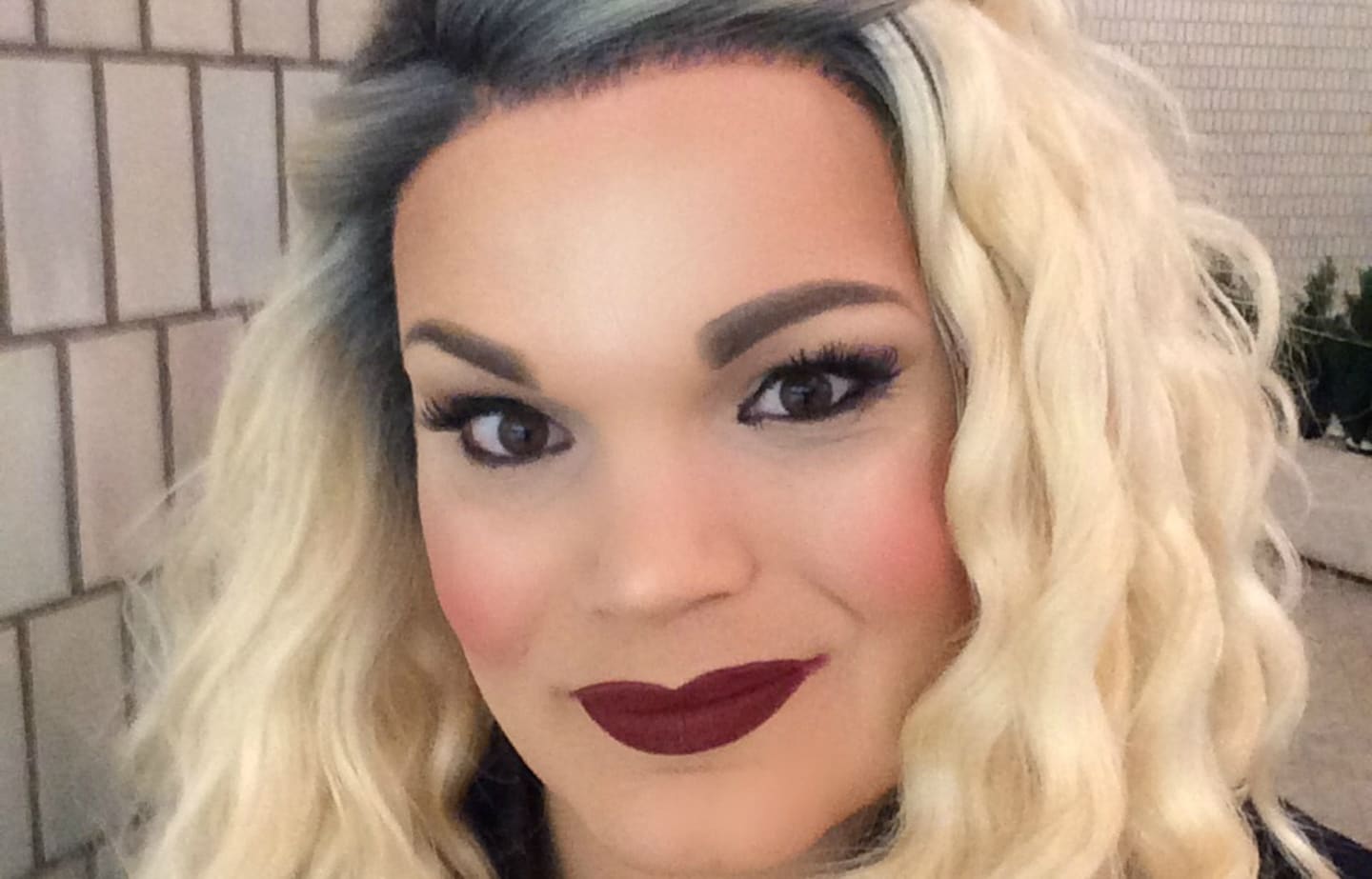Life in Japan for a Trans Woman

Discussions around sexual and gender rights are becoming more and more prevalent in Japan, and transgender rights are right at the center. We were fortunate to talk with Selina Provias, who came out as transgender and underwent hormone therapy in Japan, to learn about her experiences and how they have affected her work and personal life here.
By AAJ Editorial TeamTell us about your experience coming out in Japan.

When I moved to Japan in 2011 I still identified as a gay man. Although I was openly gay, I only came out at work when the timing was appropriate—I never lied about having a boyfriend, but I also didn’t mention it unless someone brought it up. Nonetheless, I generally had a positive experience, both in and out of the workplace. While my company, at the time, didn’t include any LGBT issues in its policies, I always felt safe and able to speak up if I felt I was being treated unfairly. Perhaps because I chose my battles carefully, no one ever disagreed with me when I did speak up on LGBT issues. In my daily life, I felt very safe. And though I rarely held hands with my partner in public, I never felt at all threatened being with him.
In 2015, I came out as transgender and began medically transitioning. After getting some guidance from other English-speaking members of the LGBT community, I was able to obtain a medical certificate from a Japanese psychiatrist confirming my “diagnosis”* as transgender. Once I had that, I was able to begin hormone treatment relatively easily (although not cheaply), and I also approached my company with this matter.
*Identifying as transgender Japan is classified as gender dysphoria, or gender identity disorder, under the blanket of "Mental Health and Behavioral Disorders" and must be confirmed by a doctor.
How did your company respond?
I had prepared by doing research on large global companies with some of the most LGBT-friendly HR policies and also found some articles on Japanese people who had successfully transitioned with the support of their employer. I provided this information to my HR department and they started working toward amending their HR policy to be LGBT-friendly and protect members of staff like myself, allowing me to transition without any risk to my employment.
When I finally started my RLE (Real Life Experience) living full-time as the gender I identify as, I had an experience that most transgender people outside of Japan, especially trans women, would consider quite privileged. People at work were accepting, if not fully supportive, and, aside from a couple of unintentionally offensive remarks, I’ve generally been treated the same as any other woman at work.
And outside of work? How is society here in general?
Outside of work, I’ve also had a mostly positive experience, although this may be partly due to my Japanese ability, which is still rather lacking. While I have been stared at and even laughed at, I’ve only had one experience where someone was openly aggressive towards me—and this man happened to be American, not Japanese. One other particularly upsetting occasion was when a family with a teenage son decided to stare and laugh at me. The person who initiated this was, surprisingly, not the son but the mother, who prompted her husband to stare and laugh and thus led their son by example. This incident really upset me at the time and I remember tears rolling down my face while they continued to point and laugh, particularly knowing that parents should know better and teach their children how to be better people.
Overall however, my experience has been fairly positive. I recently started dating again and while many straight men are ashamed to admit they are attracted to a trans woman, I have also had some positive examples of straight men who are completely comfortable being around me or even on a date with me, regardless of what people might think. It is a well-known fact that the stigma of being attracted to transgender women is often what pushes some men to murder them (more on issues affecting transgender people can be read here). My experiences in Japan, however, show promise of a better and brighter future where people like me can live their lives the same as anyone else.




